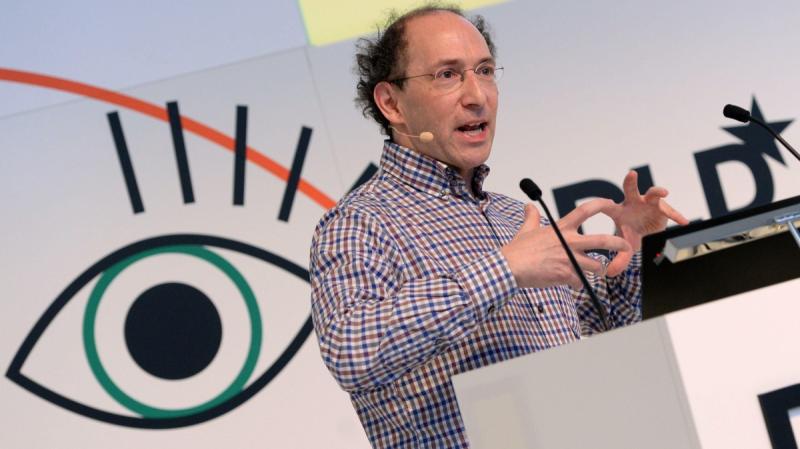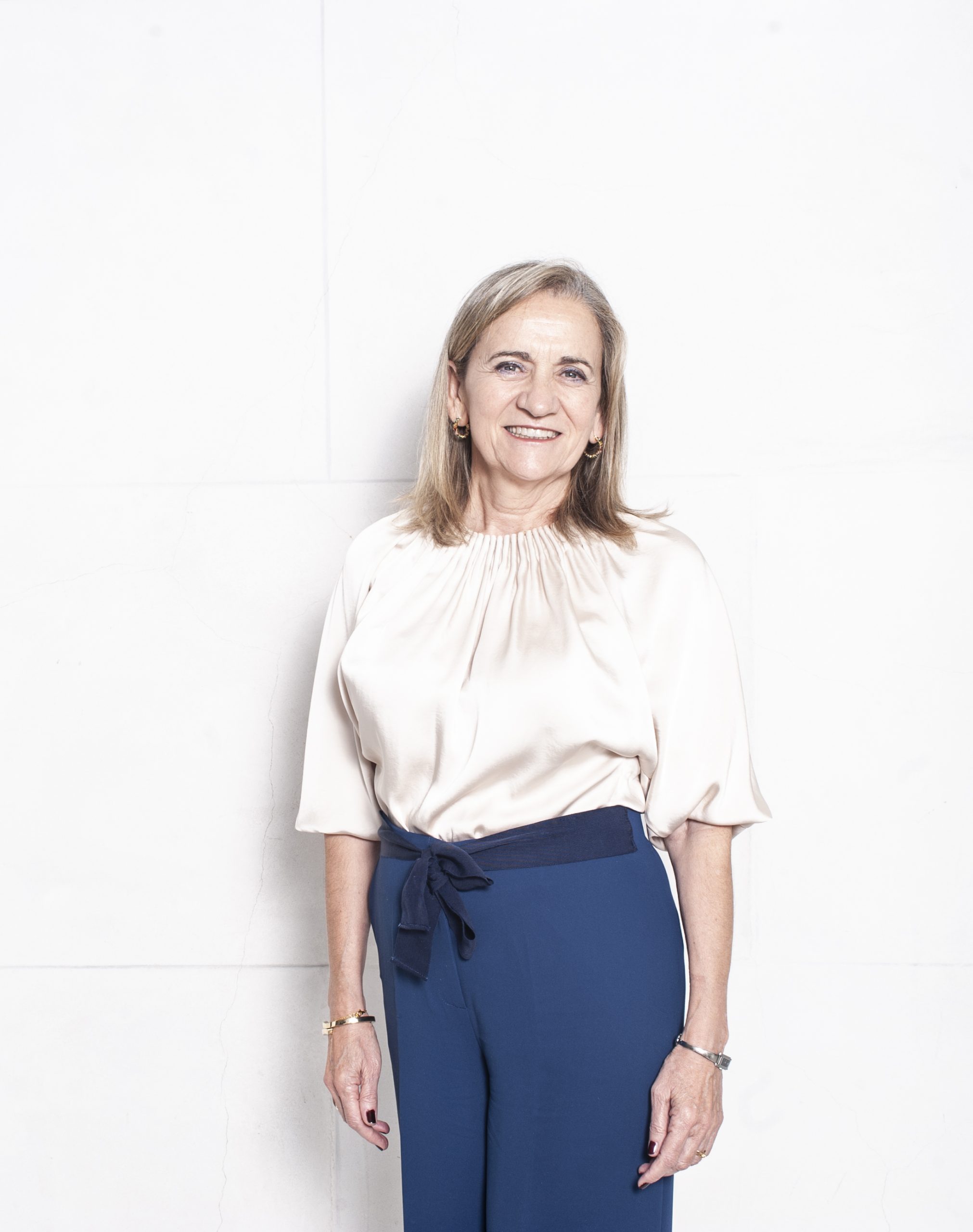Biotechnology
International Women’s Day 2021: Inspiring Reflections from Great Women Innovators

In recognition of International Women’s Day, we share reflections of some of the extraordinary women who are part of the community of experts of the Bankinter Innovation Foundation.
In recognition of International Women’s Day, we share reflections from extraordinary women innovators who are part of the Bankinter Innovation Foundation community of experts.
2021 marks the 173rd anniversary of the women’s rights movement in the United States. A struggle that, to this day, is still alive and necessary for all women to be able to go as far as they want to go. A revolution that, in short, transcends beyond March 8.
To shed light on women leaders in innovation, we have interviewed a small group of collaborators of the Bankinter Innovation Foundation who offer us a vision of current challenges in scientific development, the technology frontier, socioeconomic trends and entrepreneurship.
We begin this series with María José Alonso, a Spanish scientist broadly renowned internationally thanks to her innovative work in pharmaceutical technology. From her chair at the University of Santiago de Compostela, María José pioneers global research in the development of pharmaceutical nanotechnology focused on biodegradable nanoparticles that transport drugs, increasing their efficacy. Maria José’s work has been internationally recognized, including funding from the Bill and Melinda Gates Foundation, and is directly applied at present to a vital part of our lives: vaccines. Her drive to work and her eternal smile are the hallmarks of this Galician woman who fights to increase the weight of science in social and economic development. María José is a great example of women innovators in Spain.
This interview opens a door to the vision of a woman who is at the core of scientific activity:
2020 has been an inflection point for humanity Where have you seen the best reactions to the pandemic?
There are many people committed to the cause, but as far as my environment is concerned, researchers, in general, have had an attitude of maximum dedication to their work, which has resulted in very high levels of creativity and performance. Researchers are experiencing the problem very intensely; we are engaging not only with our minds but also with our hearts.
What has surprised you positively?
I am being positively surprised by the transparency of the pharmaceutical industry and by the advantage that being part of the European Union has offered us to access vaccines. Domestically, although I have always trusted the good works of the Spanish Medicament and Health Product Agency (AEMPS by its Spanish acronym), I was very pleased to see it coordinate smoothly with the Carlos III Health Institute and with other departments in health and research ministries. Finally, on a scientific level, I am very pleasantly surprised with the high vaccine coverage.
How has your vision of the world changed?
This period has made me think more about the globality of the world and the need to address this globality in a This period has made me think more about the globality of the world and the need to address this globality in a comprehensive way. The solution to problems cannot be local or partial, there must be a global approach. We must feel citizens of the world, with the responsibility that this entails, now more than ever before. Personally, I have become more aware of the vulnerability of human beings.
What innovations would you highlight in your sector or field of work?
Although we were not prepared for a pandemic in terms of the structure and logistics of the healthcare system, we were prepared in terms of scientific and technological development and innovation, worldwide. Advances over the last fifty years in areas such as biotechnology, omics sciences and technologies, artificial intelligence and nanotechnology have paved the way for researchers involved in developing new treatments and vaccines.
2021 will be a year full of uncertainties as well as hope: why do you think we will get ahead? – the big drivers.
We will move forward thanks to science, the kindness of many people and the love that unites us as human beings. We will move forward thanks to science, the kindness of many people and the love that unites us as human beings. These three drivers will help us overcome the malignity of the virus and the selfish and irresponsible attitudes of some people.
When are you confident that the great uncertainties (health, social, economic) will be cleared?
The vaccination of a significant percentage of human beings, will allow us to relax and connect socially again, and this will have positive impact on health and the economy. However, I hope that the level of alertness regarding future medical challenges, which will undoubtedly come, will be maintained at a certain level in terms of support to research and our healthcare system. The future of the economy relies on research and promoting talent, and so does our future health.
Addressing skeptics: What are your main drivers / goals to keep on going?
The research community is more active than ever before in my lifetime. The incentive is clear: to help society. In my case, in the field of science and education, what better incentive is there? I believe there is no doubt that the essential pillars of any society are health and education. I feel privileged to have this opportunity.
In which area do you think the most important innovations will come, or where will greater focus pay off in the coming years?
I would like to see innovations spreading globally in the coming years. At the end of the day, we all share a planet we must take care of it in terms of prevention and treatment. I hope that there will be important innovations in the field of education, making the best from new technologies, in the field of people’s health (biotechnology, nanotechnology, artificial intelligence, genomics) and in the field of the planet’s health (green energies, fight against microplastics, rI would like to see innovations spreading globally in the coming years. At the end of the day, we all share a planet we must take care of it in terms of prevention and treatment. I hope that there will be important innovations in the field of education, making the best from new technologies, in the field of people’s health (biotechnology, nanotechnology, artificial intelligence, genomics) and in the field of the planet’s health (green energies, fight against microplastics, reduction of wild consumerism…etc.).








